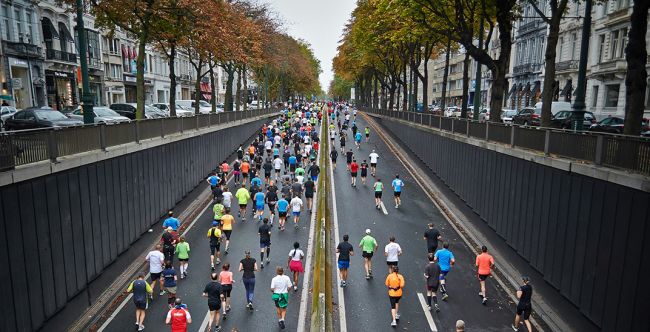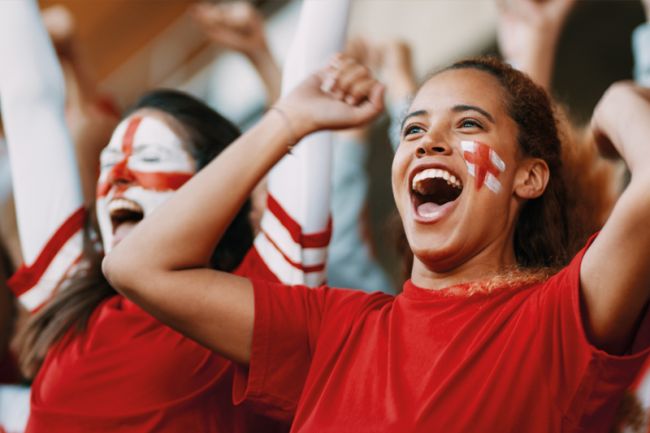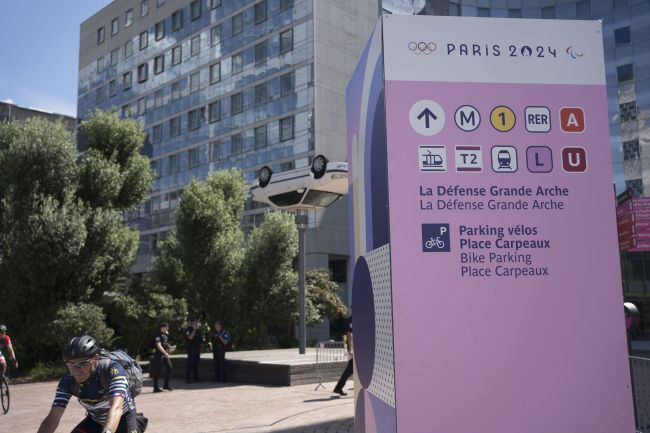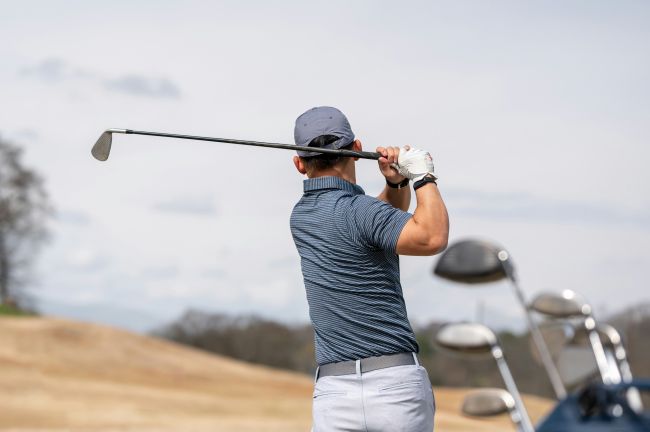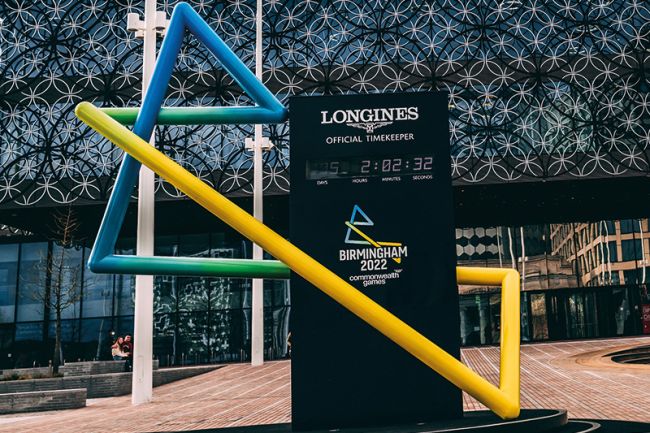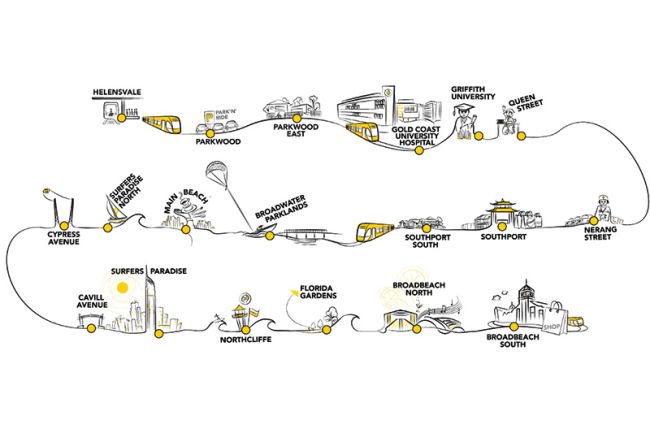Live music and sport should be open to all, focusing on accessibility benefits everyone
Often event plans are designed for the masses, and considering people with additional needs is often an afterthought.
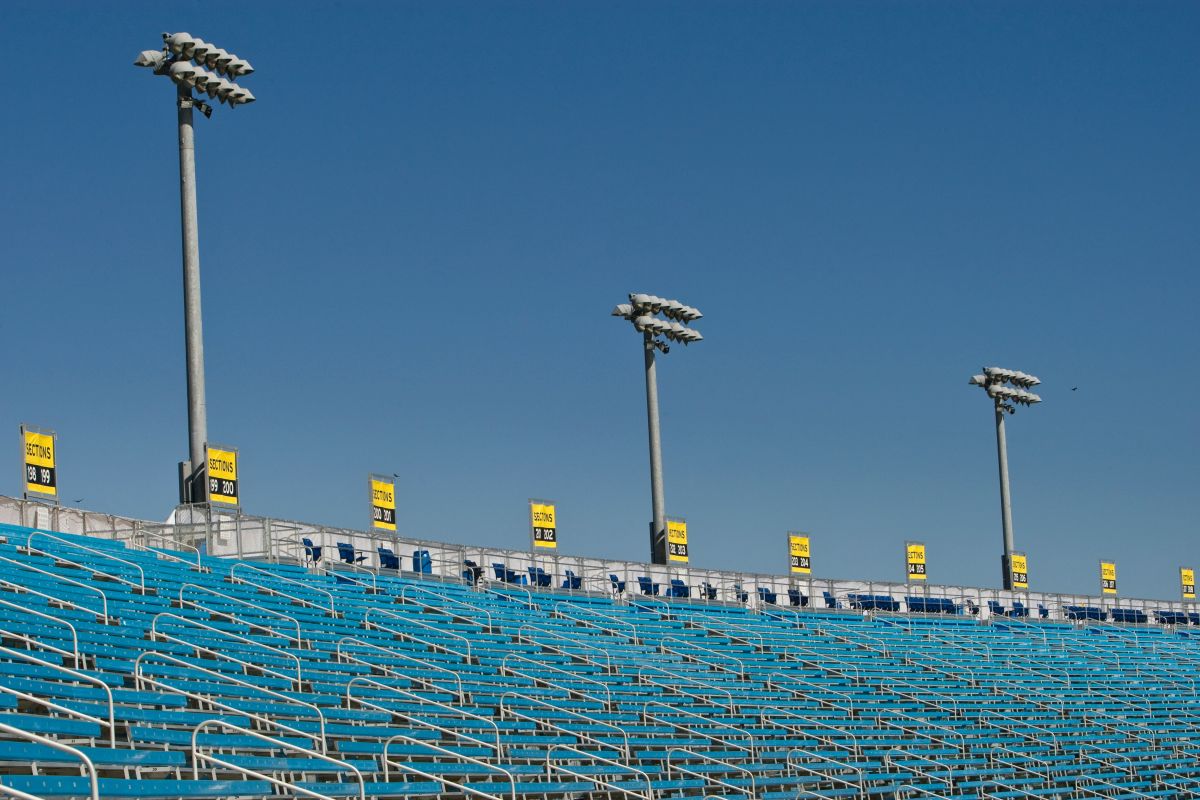
I will never forget the feeling of being in the London Velodrome during the London 2012 Olympics when Hoy and Pendleton both took Gold. The noise, emotion and feeling of being bigger than something other than myself that go along with live events and historic moments cannot be replaced.
But what if the journey to my seat had been more difficult, ill-planned or too exhausting? Would I have arrived deflated and negative, with worries for the return journey overtaking my enjoyment? Would I have attended at all?
Think back to the last event you went to, if you were accompanied by a neurodiverse friend, or someone with anxiety how did they feel?
What about a relative using a walking stick? Was planning their journey clear? Did they know which might be the best option for them to get to their seat in the venue? How easy was it to navigate?
Were there places to rest / take a moment out of the crowds to recalibrate? How might they have dealt with queues? Could there have been better options for them?
Often event plans are designed for the masses (how many security lanes are needed, how quickly can the venue be cleared , how long is the bus queue, are there enough trains etc) and although these are all important questions, considering people with additional needs, whether a physical impairment, sensory or learning, is often an afterthought and then constrained by budgets, space or time to implement the best solutions.
Implementing this process early on by considering all users from the start provides far superior outcomes for everyone by improving the customer experience, increasing revenue for the event and encouraging attendance at future events by building brand reputation.
I believe we should improve the accessibility of venues and events for everyone because we should all be able to experience the joy of witnessing something live.
Positive feedback I experienced personally from spectators at a recent Commonwealth Games who had used the enhanced accessible transport services speaks for itself:
"This Games has made me and my family realise I can go to events, we now have a whole world to explore. I cannot thank your team enough."
It’s worth meticulously thinking through the whole journey, planning solutions, and collaborating with all those responsible for parts of that journey to create a seamless, positive experience from planning to returning home.
Delivering a well-designed event that confidently delivers an accessible experience takes cross-party working - a journey is only as good as the weakest point. Thinking about this from the user's perspective can be invaluable. I am grateful for the learnings I have picked up through my own experiences, whether on crutches (I don't wish to repeat that!), as a mum of two young children, volunteering with a disabled swimming charity or travelling with relatives with sensory impairments.
I'd love to see a world where my role is non-existent and where knowledge of accessibility and inclusion is mainstreamed. In the meantime, if you'd like a chat about whether your venue or event plans are as inclusive as they could be to improve the experience for all visitors, please do get in touch.
To learn more about our market leading work in accessibility contact Hannah Thomas.
To learn more about our work in sports and major events contact Simon Hall.

